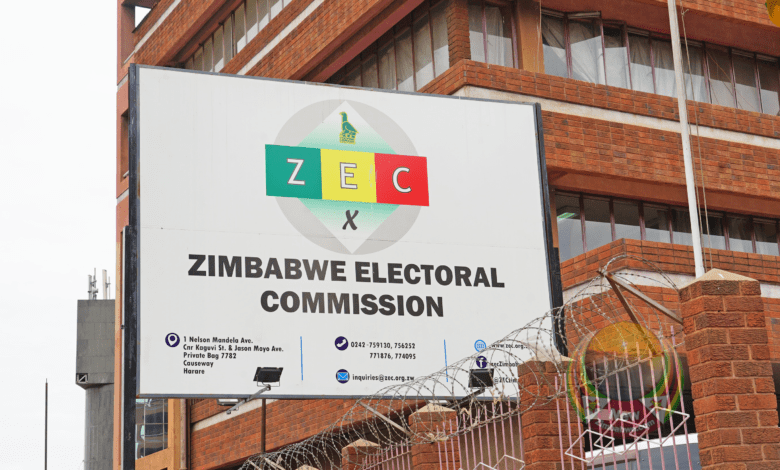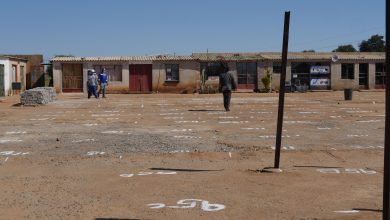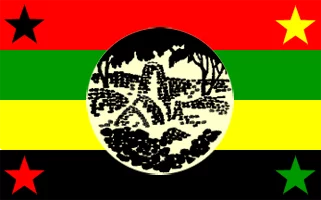EU cites snub by Zim authorities as key factor in ZEC funding withdrawal

The European Union Election Observation Mission (EU EOM) has revealed that the Zimbabwean authorities’ lack of cooperation during the electoral period played a significant role in the EU’s decision to withdraw funding from the Zimbabwe Electoral Commission (ZEC).
In September, the EU Embassy in Harare declared that Brussels would withdraw $5 million in financial support from ZEC owing to a lack of independence and transparency in Zimbabwe’s disputed August polls and how the commission conducted the country’s August general election.
Responding to questions about whether the EU will refund Zimbabwe anytime soon after presenting the EU EOM’s final report on Zimbabwe’s 2023 Harmonised elections from Brussels online on Friday, Chief Observer -Fabio Massimo Castaldo said that decision was dependent on a change in approach by local authorities, as their lack of cooperation was to blame for the funding withdrawal.
“Well, let me say that the decision of freezing the financial cooperation and the technical cooperation was taken by the EU delegation on the ground, according to the fact that as I denounced, there was a lack of cooperation by the competent authorities,” Castaldo said.
Castaldo stated that the lack of cooperation was a clear indication of a lack of political will on the part of ZEC or the government, which had invited the foreign delegation to Zimbabwe.
“Because again, I repeat, many other observers, other missions have been received, even several parties, and that was a bit surprising to me because we didn’t come by ourselves. We came and deployed the mission under the invitation of the Zimbabwe Government, that was regulating all the aspects of our presence on the ground, including the fact that we should and we were entitled to have full support by the competent authorities to provide us with all the data to provide us all the information to have a constant exchange,” said the head of the EU EOM.
However, having noticed a lack of political will to engage with the EU EOM, Castaldo said the EU took that stance and he was unable to tell if the delegation would change its decision.
“So of course, having observed that the EU delegation decided to proceed in this way. At this point I cannot tell you if some moment there will be a decision again to relaunch a cooperation. I would say that everything is in the hands of the competent authorities,” said the EU Chief Observer.
“If (EU) sees positive signs, changes (of) approach, probably there could be the possibility to reconsider that. But it is not my duty to express any other analysis and decision in that regard because I am the chief observer for our electoral mission and this is a political decision that is going to be held by the EU delegation and our External Action Service -all the authorities that have the duty and the rights to do that.”
EU EOM Deputy Chief Observer Beata Martin-Rozumiowicz weighed in saying that while the mission could not definitively determine when the EU would refund ZEC, the observer mission had made critical suggestions to the electoral commission.
“I just want to add that this, as Mr. Castaldo says, is outside of the remit of the EU EOM. But there are recommendations about key aspects of ZEC, such as their independence, their ability to work impartially and these are the kinds of recommendations that one would expect to be worked on in the future and in the implementation of these recommendations, the EU would stand ready to assist,” Martin-Rozumiowicz said.






